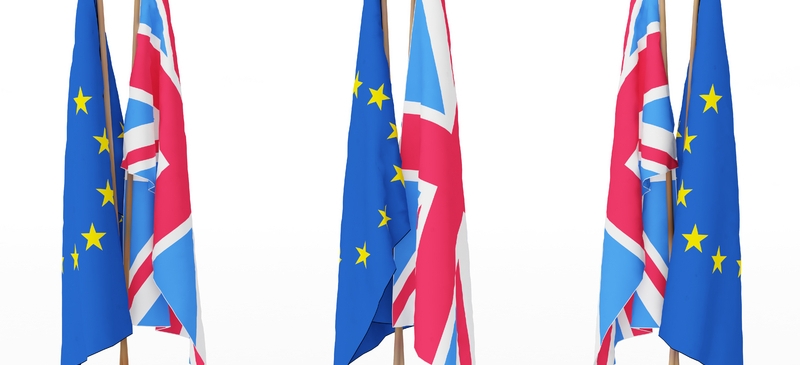
Britain in Europe
The history of Britain's troubled relationship with the European Union has been far too repetitive. Every time that the continental countries want to deepen their union, the British hold back and predict failure; and later, when they see the venture working, they grudgingly join and accept rules written by others. That was the story of the Coal and Steel Community, the Economic Community and the Monetary System, and it may now recur for the euro.
One result of this pattern is that France and Germany have dominated the EU. Thus we have the French-inspired farm policy and a German-designed, ultra-independent European Central Bank. Another result is that Britain has had less influence in the EU than a country of its size and standing should have had. When Britons see that continental governments are pro-active on European policy, and that their own is generally reactive, it is not surprising they view the EU as a threat.
And yet Britain now has a golden opportunity to break out of this cycle. For Tony Blair is a charismatic leader whose strength at home is the envy of other EU prime ministers. His plans to give Europe a defence capability have convinced them of his pro-European credentials. Gordon Brown's successful management of the British economy has also raised Britain's status. Many other governments, aware that the Franco-German alliance is well past its prime, would like Britain to play a more assertive role in Europe.
However, Britain cannot aspire to lead in Europe so long as it shuns the euro. The others will not entirely trust a country that fails to join the blood-brotherhood of their shared monetary destiny. Blair, Brown and Robin Cook should therefore step up preparations for joining the euro. They should argue that membership of a successful euro would bring economic benefits. Unless they make an effort to shift public opinion from its euro-sceptical stance, holding a euro referendum in the next Parliament will not be feasible. And not until Britain is in the euro and setting the EU's agenda will Britons believe that "Brussels" is working not against but for them.
